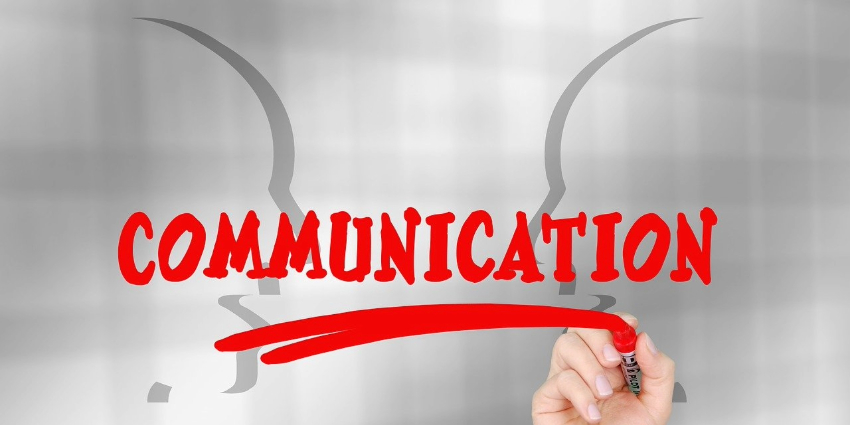I was told the other day that I was “being an over-helper”.
Really? An over-helper?
Yup. My 8-year-old told me in no uncertain terms that he didn’t need me jumping in to help him out all the time and he needed to figure some things out for himself.
Burn. Total, Mom, burn.
As I slunk away, feeling a little sad, but also strangely proud at the same time, I started to ruminate on the ramifications of overhelping. (And quite honestly is that really a thing or am I just raising an ungrateful little dweeb?)
I decided that yes, there really is such a thing as over-helping, and not only is it done with children, but it’s also done with adults. In fact, leaders do it often; and if not monitored, it creates a negative impact throughout an organization.
As a leader (or even as a chastised parent) ask yourself these questions…
1. Do I help too quickly?
- If your first response is doing something FOR someone, you might be teaching them to rely on you, and not themselves. Inadvertently, they might begin to feel incompetent. No one respects someone that makes them feel incompetent. Overhelpers can do that.
2. Do I help too much?
- If your immediate inclination is to offer suggestions or advice, ask instead “What do you need from me?”. People will tell you if they need something or nothing. Let them tell you. Leaders who help too much enable helplessness. Overhelpers can do that.
3. Do I help too long?
- If you’ve provided help for a sufficient period of time, it’s probably time to stop. Providing help when someone is learning a new skill is appropriate; it helps people rise to new levels of responsibility and technique. Providing help habitually has you doing their job for them. Overhelpers can do that.
There’s a fine line between helping and overhelping. I clearly didn’t notice I had crossed over that line.
Don’t cross over that line. Look for COMPETENCE to keep you in the right lane.
Your competent people do not need you; they need to step up.
Your competent people do not rely on help; they figure things out.
Your competent people will not do less; they will do more.
Do you want to be called an over-helper?
(I’ll give you a hint to the answer…it didn’t feel great.)













